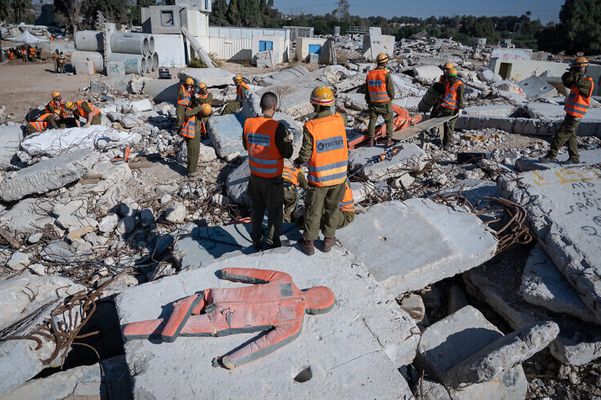The scientists say their method can forecast strong earthquakes up to 48 hours ahead with 80% accuracy.
By Abigail, Klein, Leichman, Israel 21c
Researchers at Israel’s Ariel University have come up with a method to accurately predict major earthquakes two days before they hit—by measuring what’s going on high above the earth’s surface, not far below it.
Scientists agree that it’s important to be able to predict earthquakes well before they hit, but they don’t agree on the best method for detecting earthquake “signatures.” It’s not yet possible to forecast earthquakes by seeking signals in the Earth’s crust.
“State-of-the-art forecasting systems today are mostly based on numerical models, and these are unable to accurately describe the physical processes leading to earthquake events,” say researchers from Ariel University in Israel.
A more promising method may be to look for signatures in layers of Earth’s atmosphere, caused by both acoustic and gravity waves.
The scientists report in the scientific journal Remote Sensing that by studying changes in the ionosphere layer, they can make a positive prediction of a strong earthquake up to 48 hours ahead with 80% accuracy, and a negative prediction (where an earthquake will not occur) with 85.7% accuracy.
These experts from the fields of physics, geophysics, civil engineering and computer science developed a machine-learning support vector machine (SVM) technique that uses GPS map data of ionospheric total electron content to calculate that layer’s electron charge density.
The study was funded by Israel’s Energy Ministry and the Israel Science Foundation.
